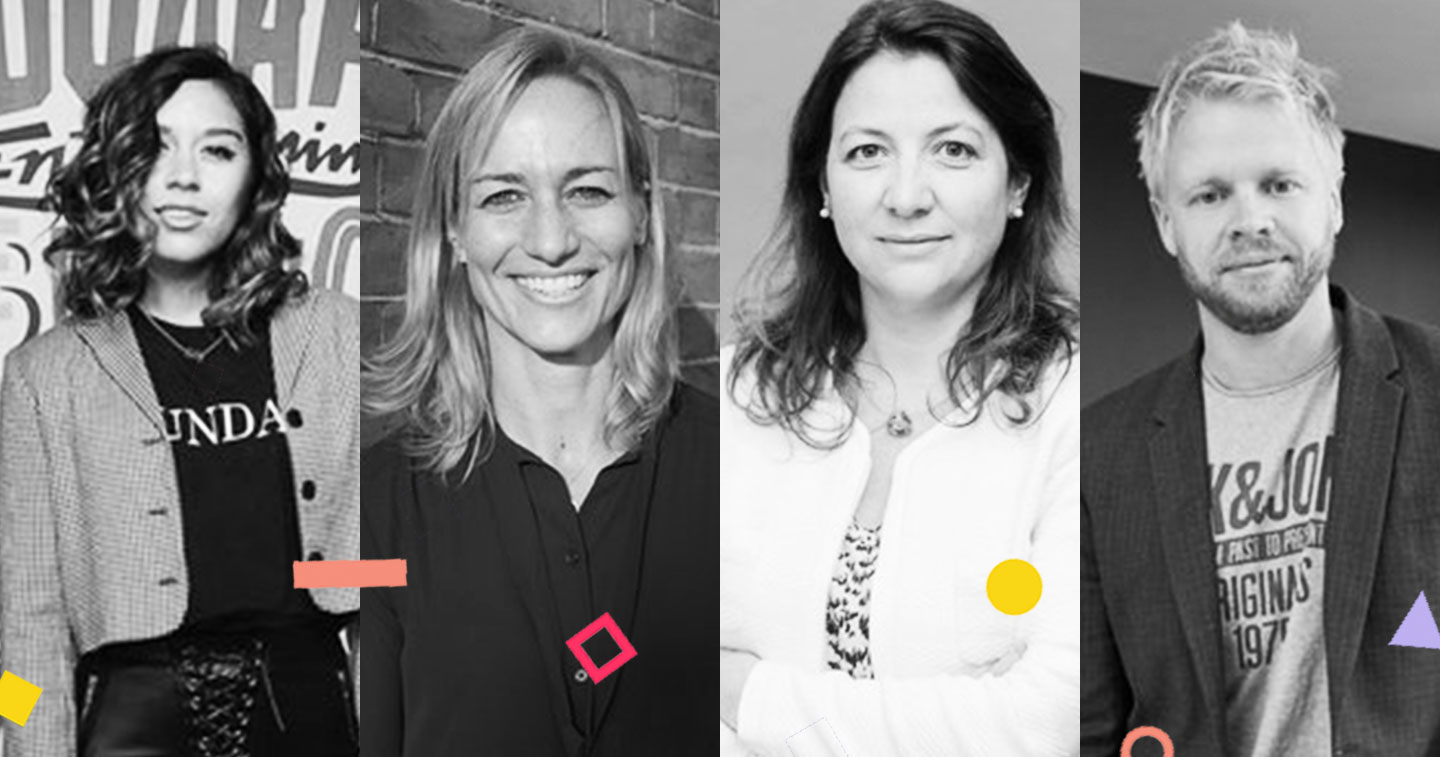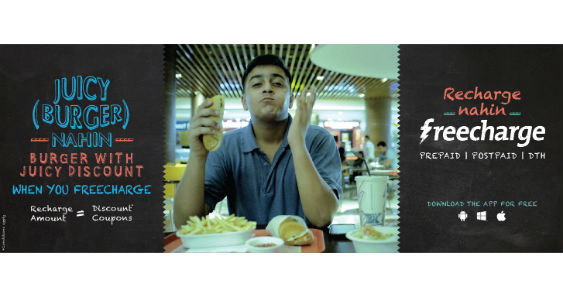Football Media Business COPA90, gathers influential speakers Chelcee Grimes, Rebecca Smith, Nuria Tarre, and James Kirkham at the Cannes International Festival of Creativity for the session: “Why Changing The Face of Football Could Change the World”. The panel will be discussing matters of how the sport can go beyond a mere game and expand to creating a cultural shift and inspiring a movement.
The women’s world cup is happening in this country right now. Where are we at with the game right now? Are we at a tipping point?
Speakers:
Nuria Tarre: Chief Marketing Officer, City Football Group
Chelcee Grimes: COPA90 Presenter, Footballer, Singer/Songwriter
Rebecca Smith: Executive Director of Women’s Game, COPA90
Moderator:
James Kirkham, Chief Business Officer, COPA90
Bex We’re definitely at tipping point. I’ve heard everybody say that so many times think in my career but I think this is the moment The next question is will it continue after the World Cup? That’s is the test. The long-term investors are going to be the winners and get a better ROI. You’ve seen some like Visa who are doing seven years and putting a proper plan and strategy in place, then you see others you know are opportunistic for tournament but that’s fine – anything that elevates the game and brings more exposure and visibility and player stories.
Nuria The Women’s World Cup is a great opportunity to look at the sport and the game with different eyes. We’ve taken steps towards giving more visibility to the game by merging some of our social media channels so that everyone is exposed to the men’s and women’s games. It was a bit controversial, but some brands, like Ace, brands activate more with the women’s team and the content is a lot better performing.
Manchester City has been committed to women’s football for 30 years and we were the first team in England to make the players professional, but we have a new push into it. We’ve also made a real commitment in terms of infrastructure – our women’s team train in the same facilities as our men’s team and they have their own dedicated stadium – but first it’s about the product and the product is a good game. So we want to get good players and good training
How important is equality of output?
Nuria Equality doesn’t mean we treat men’s and women’s exactly the same way, but it’s about giving visibility. We get men and women to do player showcases together, and we showcase some of the skills and the authentic stories that explain the women’s game. Some of the player stories are more interesting than the men’s stories because it’s been harder, and I think it’s inspirational for any young football fan to see what it takes to succeed in football.
Chelcee you have a new single out, you’re on the BBC, you’re working with COPA90, you’re writing for number one pop artists and you’re missing pre season training for Fulham. How do you make it all work?
Chelcee With very little sleep! I played for Liverpool from the age of 9 to 16 – some of the girls I played with are in the England team now – but there was no money in it, so I had to make a decision and I chose music. You’ve got to make a living and it’s gone quite well for me. Now it’s gone a whole 360 and I’m back at Fulham Ladies. We went to training a few weeks ago and one of the men turned up a new Porsche, and then you see our captain, who is a school teacher, in a Golf.
I don’t resent but I’m super-passionate about it and I’ll always stand up and demand we are treated fairly. At least it’s going the right way and the game’s growing: when I went to the first France game in the tournament and there were 40,000 people I got really emotional about it. I was used to my mum and dad on the sidelines.
Would it appeal more to a club to have a player like Chelcee who comes with a ready-built social presence?
Nuria Criteria number one for any of our teams is football, not only winning but the way we play. I know some football clubs do have different approaches from a commercial point of view. Part of my job is to show the player personalities and it’s relatively easy because we are connecting with a young audience that’s a similar age to our players. We embrace digital in an open way – the “All or Nothing” documentary is an extreme example, but we do that all the time. We don’t prefabricate too many stories because we want to connect with our players and show their personalities – they aren’t all funny and they are not all actors either, so you need to find what connects with the audience and let them be natural.
Is this a world away from 10 years ago? Does a player need to be a brand? Is there a job for the emerging players to do for the women’s game?
Bex: I don’t think women have to carry that flag, but they do have a pressure to build a brand and drive the women’s game forward. When I was playing I would love to have had the opportunities that the digital platforms are offering now. Players have more opportunity to have a home on a digital platform and people are waking up to that, but the media coverage is still one-dimensional. It’s focused on the men’s game because most of the decision makers are male and from similar backgrounds.
The stories have always existed but there was no place for them to be seen. Two women who played for Nigeria in the last World Cup weren’t getting paid, so they sat in their room and refused to play against the USA. Football is so diverse now and there are so many cool stories – not just about overcoming challenges, which I think is a stereotype, some of them are just badass.
Tell us about the COPA90 and Manchester City report
Nuria I want to understand what will it take to growth the game. Where’s the audience? What do they expect? Why do they follow women’s football? We’ve discovered that the audience is less female-dominated than people think, and they are interested in a new, authentic kind of football more than they are interested in treating the women’s game as a cause.
We wanted to understand how people get into women’s football and what is the right way to introduce them to it? You don’t ask yourself these questions about men’s football because it’s everywhere. I ask how they pick the club they support because I want to keep growing. Football is the biggest sport in the world and this is one of the last opportunities to make a significant change in it. It’s a great opportunity for a brand to pioneer and be creative there are so many firsts to be had. It’s an opportunity to join a movement.
Chelcee, do brands come to you direct yet?
Chelcee I’m in a weird position because there aren’t that many sports people who have a career in music too. The audience crosses over between the two. It’s not about money for me, otherwise you’d get quickly diluted, but I bit your hand off for COPA90 because I was a fan. I’ve got to love stuff, like when I write music it’s got to be for someone I love.
What’s next? What do we need? What are your hopes for the next few years?
Bex I would like to see more investment at the grass roots level. Right now people compare the men’s and the women’s games, but they haven’t been given the same opportunities, so I would like to see more equal opportunities – from media, brands, clubs, FIFA – in the women’s game and then see where we land. The quality of the game has already come so far in the last ten years – I just wouldn’t watch it ten years ago even though I loved playing – and that’s because it’s been given proper funding and proper medical staff and proper coaches that know what they are talking about. The game just needs an honest chance.
Nuria The hope is the audience that seems to be there when we look at the numbers coming in from the World Cup. I’d like it not just to be every four years, I’d like to see it week in week out, flowing back into the domestic leagues, but the clubs can’t do it by themselves – players, media, and brands also have a role.
Chelcee I just want England to win the World Cup.









